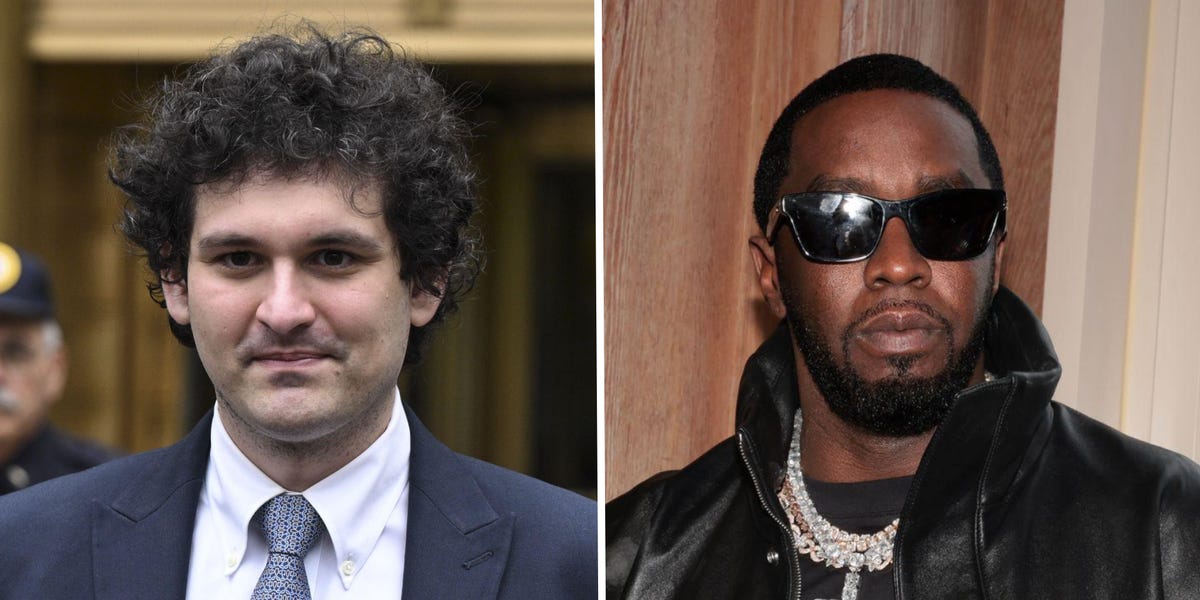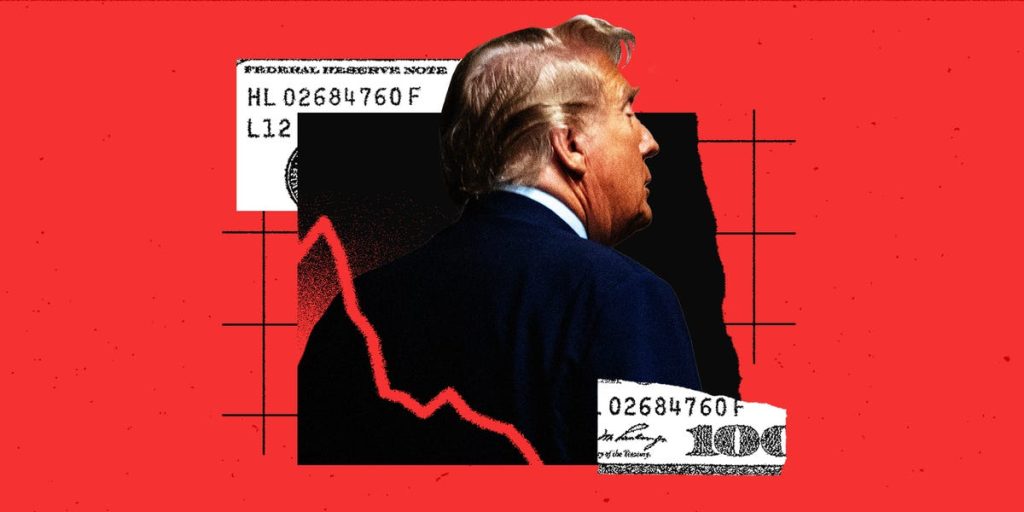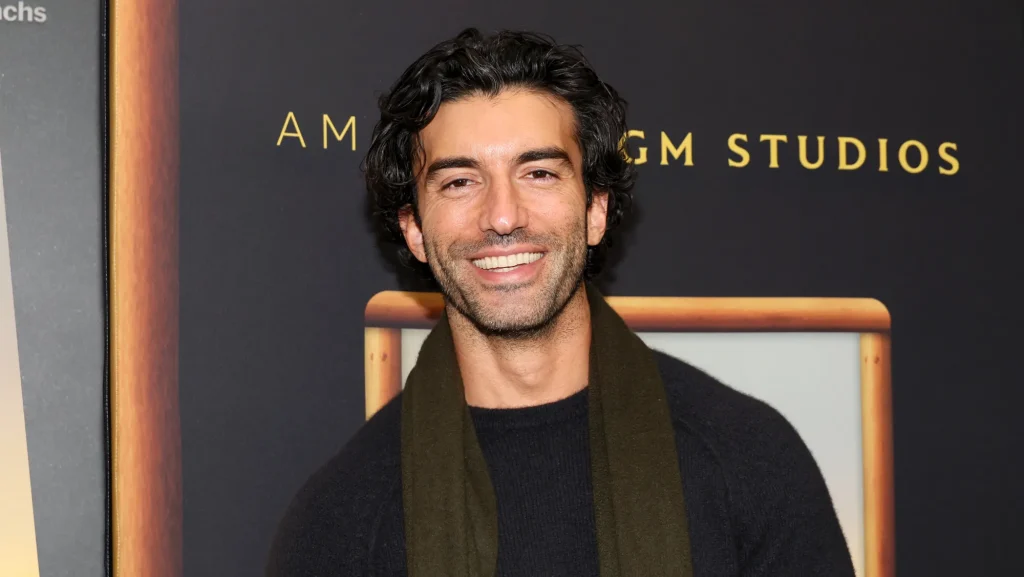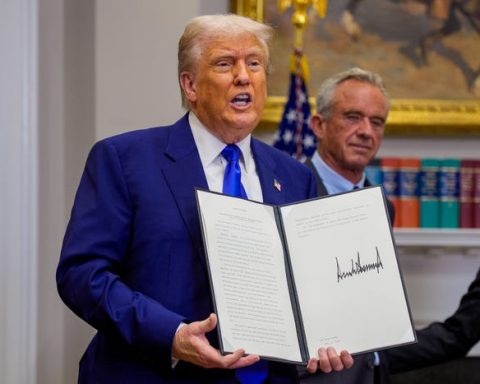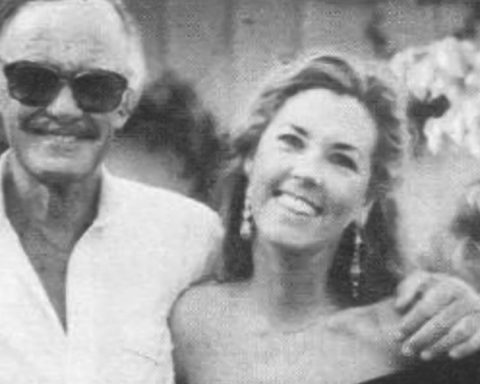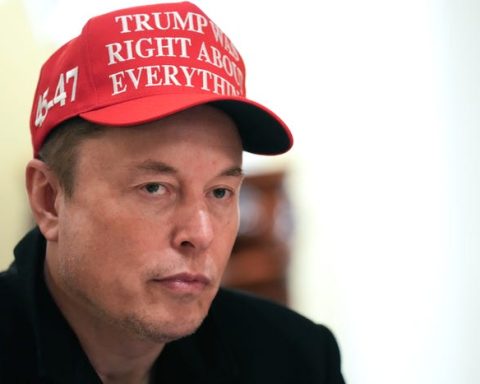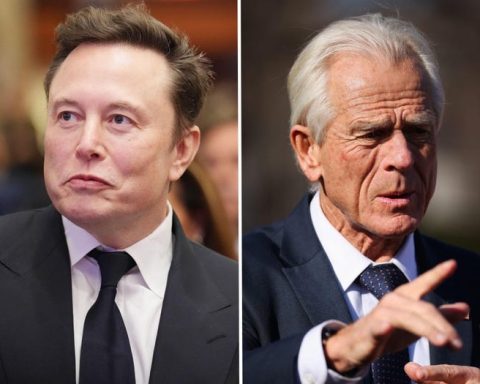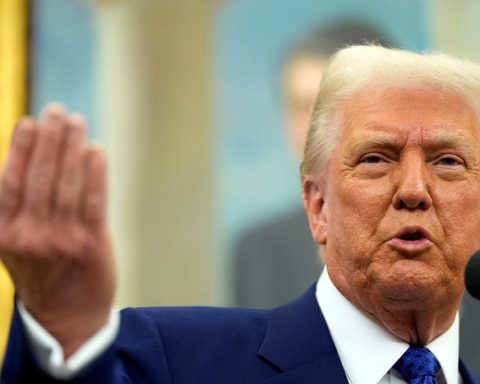Sam Bankman-Fried Discusses Life in Prison Amid Fraud Conviction
Sam Bankman-Fried, the convicted cryptocurrency fraudster serving a hefty 25-year sentence, recently engaged in a conversation with Tucker Carlson from within the confines of his prison. Bankman-Fried is currently residing in close proximity to Sean “Diddy” Combs, who is grappling with serious sex trafficking allegations.
In a wide-ranging interview, Bankman-Fried shared insights into his life behind bars, discussing everything from chess games to his attempts at making friends. He mentioned, “I’ve made some friends,” shedding light on the unusual dynamics of prison life. “It’s a weird environment,” he described, alluding to the mix of high-profile cases and various individuals from different backgrounds, including alleged gang members.
The interview aired on social media and elicited a reaction from Mark Botnick, Bankman-Fried’s media representative, who resigned immediately after expressing surprise at the interview’s setup. Botnick claimed he had no prior knowledge that Carlson would be interviewing Bankman-Fried.
Interaction with Sean “Diddy” Combs
During the conversation, Carlson highlighted the intriguing fact that both Bankman-Fried and Combs are among the most well-known inmates currently. Commenting on Combs, Bankman-Fried stated, “He’s been kind to people in the unit. He’s been kind to me.” He elaborated that while neither of them desires to be in such a situation, their shared experience at the Metropolitan Detention Center offered a glimpse into the emotional toll of incarceration.
On a lighter note, Bankman-Fried confessed that his chess abilities were put to the test by fellow inmates. “They’re good at chess,” he noted, appreciating the surprising talent some possess despite their backgrounds.
Reflections on Time and Jail Life
As Bankman-Fried marked his 33rd birthday during the interview, he downplayed the significance, further emphasizing the grim reality of prison life. When Carlson jokingly questioned whether he would mention his birthday to Diddy, Bankman-Fried simply responded, “Someone else might, but I’m not.”
He realistically projected that he could be in his late 40s by the time he is released, assuming he does not receive a pardon before then. He conveyed uncertainty when Carlson probed whether he believed he would survive that long.
The Economics of Prison Life
In a setting devoid of traditional currency, Bankman-Fried humorously described the “muffin economy” of the prison, where muffins serve as a form of barter. He shared that while he stockpiles muffins, he primarily survives on rice, beans, and ramen noodles. “You see people fighting over a single banana,” he noted, highlighting the extreme scarcity of resources in jail.
Perspectives on Crypto Policy and Family
Bankman-Fried also touched on the differences in crypto policy between Donald Trump and Joe Biden, noting the former’s more favorable stance. He commented that less government interference in financial matters was beneficial but acknowledged the challenges posed by entrenched federal financial regulators.
When asked about the role of children in his philosophy of effective altruism, Bankman-Fried likened his employees at FTX to his “children,” claiming a sense of responsibility towards them. However, when Carlson asked if any of those employees had visited him in prison, he replied that none had shown up. Carlson suggested that perhaps Bankman-Fried should consider having his own children instead, hinting at the loyalty that familial bonds can foster in difficult times.
As he faces the daunting prospect of a long incarceration, Bankman-Fried’s reflections reveal both the stark reality of his situation and a complex take on personal and financial responsibilities.
